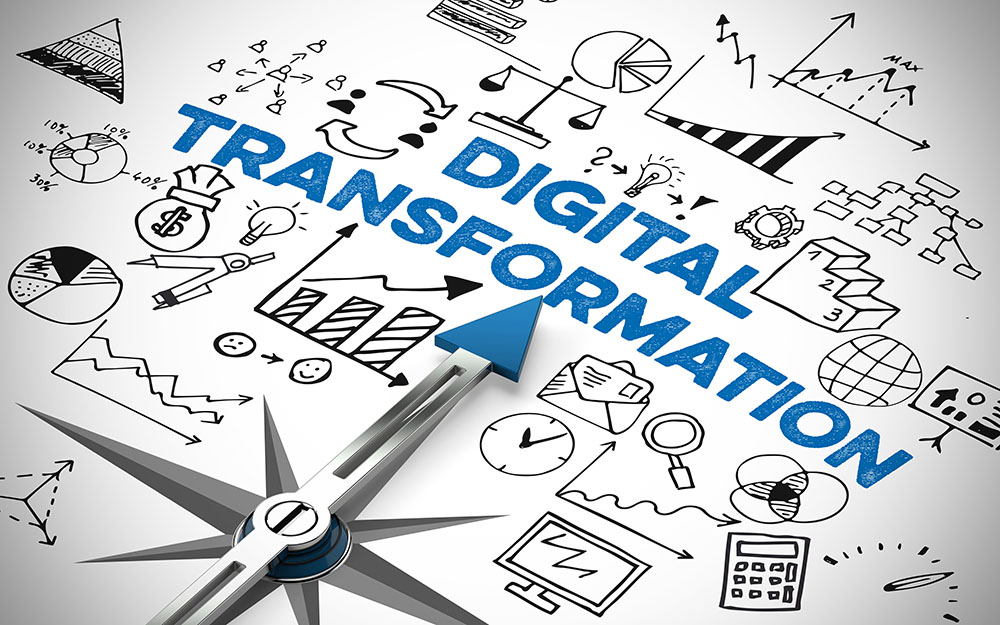Desmond Struwig, executive head of digital at Decision Inc, says discussions around digital transformation in South Africa are putting companies across industry sectors under pressure to embrace it.
Discussions around digital transformation in South Africa are putting companies across industry sectors under pressure to embrace it or risk losing relevancy to competitors. But despite all the buzz around the term, the focus should remain on standard business practice while leveraging access to information and technology to operate more efficiently.
There is so much sensationalism around digital transformation that many organisations get lost in the rush to implement the latest and greatest technology tools without considering their business merits. If digital transformation is to be effective in the channel, conversations around the topic need to be simplified and focused on showcasing the reality behind digital.
Fundamentally, it is all about increasing access to information, allowing richer use of data and harnessing advancements in technology to drive efficiency and simplicity.
For example, in the project management space we have worked with a client to develop a mobile application which provides real-time access to data from large infrastructure projects for both government and the private sector. During the project, data is created with automatically generated reports that enable stakeholders to see how the work positively impacts local communities from project level all the way up to a national level. In this instance, digital transformation is focused on digitising a paper-based environment and democratising access to data for all approved stakeholders.
Another example is our work in industrial measurement and preventative maintenance where certain sites can generate more than 250,000 data points over an inspection period which can last a few weeks. Where previously, that data was manually transcribed by employees to a spreadsheet. Digitising the process meant that Internet of Things (IoT) enabled devices were linked to a mobile app that transfers the data directly from the site being inspected to the device. Not only does this result in streamlined operations but also a better allocation of resources for the customer and the ability to overlay real-time analytics onto the data for preventative maintenance analysis.
Digital transformation is more than just an enabler for companies to operate effectively. It has significant potential from an employment perspective as well. Educational institutions need to move away from a knowledge-based structure towards an innovation and capability-based environment. This provides students with the skills required for a digital world.
Ultimately, digital transformation has two aspects. Firstly, there is the business change required to remain competitive. Secondly, it is to give people the opportunity to accelerate their thinking outside the box and enabling them to drive transformation themselves in their chosen industries.
Click below to share this article

